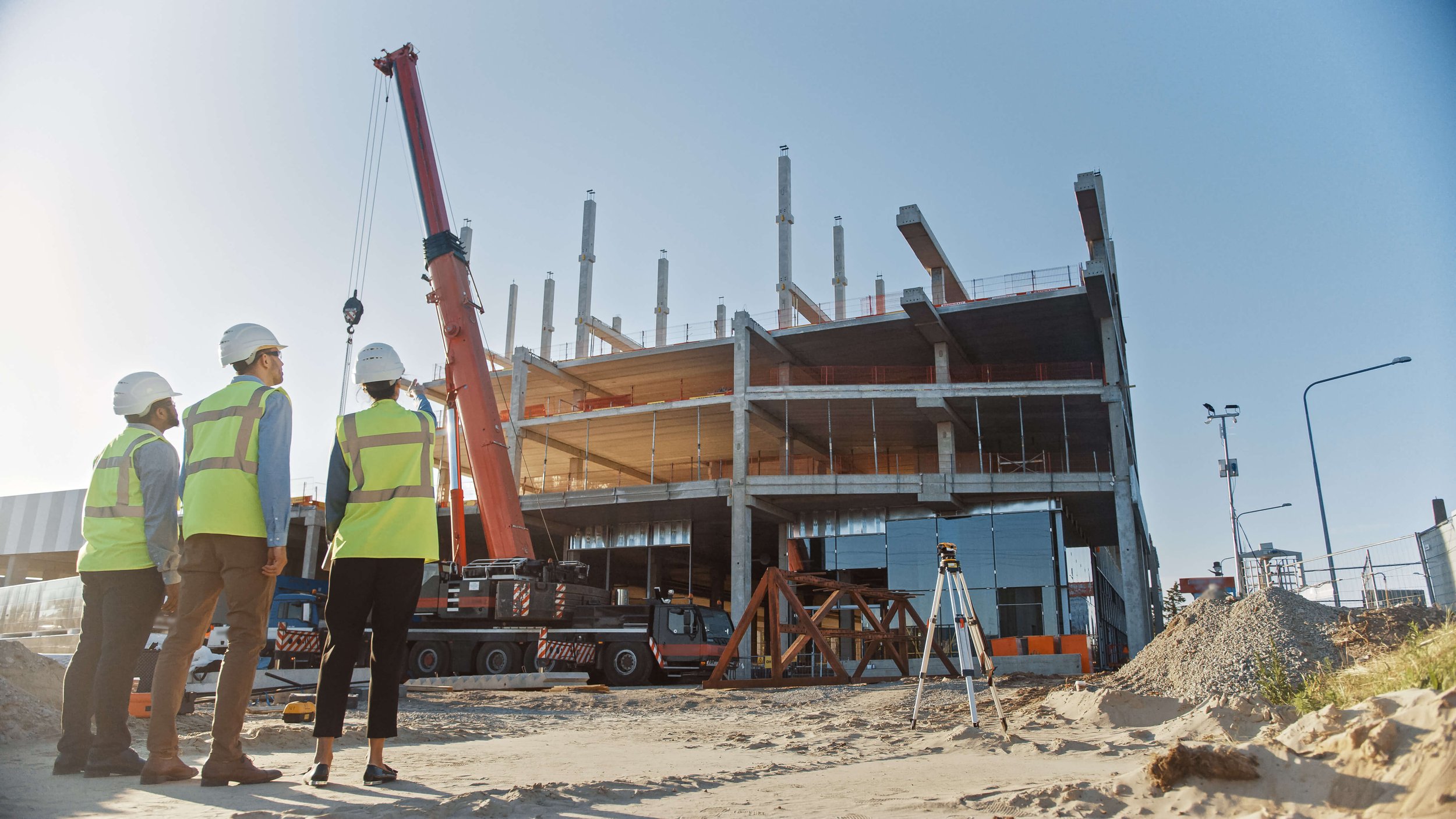
News and Insights
Video Insights
Explore our video series featuring quantum expert, delay expert, and claims insights to help you understand your position and how Accura Consulting can support you find a construction dispute resolution to your problem.
Featured Video
Featured
All articles
Work, site, plant - three definitions you need to know
Construction contracts contain several essential definitions, with three of the most prevalent and occasionally confused being; work, site, and plant.
How to Build Quantum and Delay Claims and How Global Claims Fit In
When drafting a quantum and/or delay claim based on several events, claimants commonly use inference rather than causation to build their arguments.
Drafting Effective Construction Claims
In the midst of grappling with the intricacies of drafting a construction claim, two pivotal components demand our attention: Global Claims and Contemporaneous Records.
As-Planned vs As-Built Delay Analysis
A simplistic, retrospective methodology, which in its simplest form compares the as-built program to the planned (baseline) program.
What to Include in a Good Construction Timeline
To effectively support construction claims, here are key types of data you should record and reference in your timeline.
Claims Timelines and What Makes Them So Important
Maintaining a detailed timeline of events will support an extension of time and cost claim. Here are the main reasons why a timeline is important.
Top Issues Faced by Tunnelling Projects
Tunnelling projects are complicated, and all parties — the customer, EPC contractors and subcontractors — expect the work to be done on-time and on budget but delays and cost overruns happen.
Pricing of Construction Work when Providing an Independent Quantum Assessment
Whether it be assessing insurance claims, variation claims, or the remediation of defective works, a quantum expert is called upon to provide an independent subjective opinion to assist an insurer or a tribunal or, in some cases, to help parties settle a matter outside of formal proceedings.
The Contract Program and Demonstrating Delay
The term “Contract Program” is often used in reference to the Construction or Contractor’s Program. The Construction (or Contractor’s) Program is basically the execution plan and timeline of how the works under the Contract will be carried out and measured. It should consider the key sequences of work and resource dependencies. It should also, depending on the Contract, identify the critical path and the relationships between the planned activities and interfaces.
Mitigation, Acceleration and Constructive Acceleration
In this article we are going to consider the differences between mitigation, acceleration, and constructive acceleration. The recent case of V601 v Probuild[1] is of interest, as it demonstrates that a constructive acceleration claim can be successful in certain circumstances.
The Importance of Contemporaneous Records
Project teams are often told to keep daily or even hourly records of events that occur on-site if a claim for additional time and cost arises. These records are known as contemporaneous records in that they are ‘recorded’ when the event occurs.
Who owns the float?
A common question when demonstrating entitlement to an Extension of Time is, who owns the float?
When considering who owns the float, one first must understand the various definitions of 'float' typically associated with construction projects. Secondly, one must understand the applicable contractual clause relating to claiming an extension of time.
How to Use Quantum and Delay Experts to Avoid Global Claims
In this on demand presentation Andrew McKenna and Paul McArd discuss what a global claim is and how they can be avoided by using quantum and delay experts.
Digging Deeper and Untangling Quantum and Delay Claims
When drafting a quantum and/or delay claim based on several events, claimants commonly use inference rather than causation to build their arguments. This approach is sometimes used by claimants as they tend to focus on the monetary amounts lost and/or the delays they have incurred, rather than identifying causation.
Never miss an update
Sign up with your email address to receive news and updates.
Accura Consulting is purposefully lean and independently owned.
We are forensic quantum and delay experts not bound by restrictions and bureaucracy, enabling us to easily adapt to rapidly changing landscapes and provide a tailored approach effective to the situation.
We are committed to establishing and nurturing long-term client relationships built on respect, trust and excellence.
Our Vision is to help our clients make confident decisions. We are there to provide guidance and help clients gain a better understanding of the process and situations they find themselves in. That’s why our news and insights features an array of learning articles to help you find the answers to problems you may encounter.
















